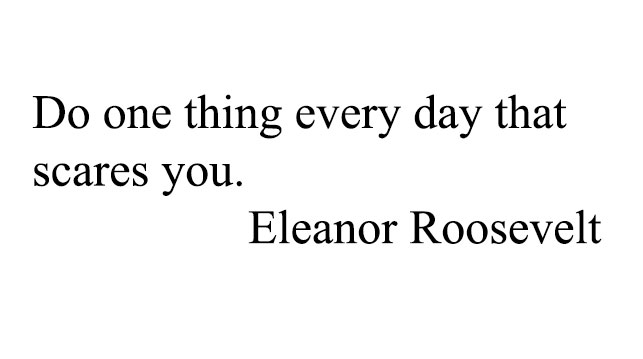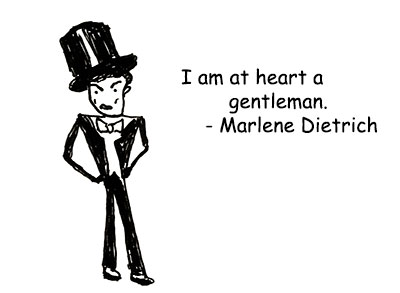
Moderation in all things is the best policy. —Plautus, ancient Roman dramatist
The older I get, the more situations I discover in life the age-old “everything in moderation” idea applies to: eating, exercising, sleeping, working, playing… too much of a good thing is rarely a good thing.
In fact, I have yet to find a part of life—or writing—that this idea does not apply to. I’ve even written several blogs related to this idea: one about avoiding scare quotes (punctuate in moderation) and one about avoiding OVEREMPHASIS (use formatting in moderation). In today’s post, I am going to discuss another part of writing that also should be done in moderation: quoting outside sources in research papers.
Quotes from outside sources are useful and necessary in research papers. If your paper includes a literature review in which you discuss your field’s relevant literature, you will use quotes to add clarity and precision to your summary and analysis. Naturally, quotes are also useful in supporting your paper’s arguments. Experts’ ideas that agree with or enhance your arguments strengthen your paper immensely. Including quotes to illustrate viewpoints that run counter to your ideas allows for an interesting and balanced discussion of your topic. As far as how much to quote is concerned, it varies: sometimes you will quote a few words (or even one choice word). Other times your quotation will be longer: a phrase, a sentence, a few sentences, even a paragraph.
Get a free sample proofread and edit for your quotes.
Two professional proofreaders will proofread and edit your quotes.
Writers, especially student writers, often need help knowing when to include a quote and how much of another author’s text to include.
Make Quotes Fit
Include quotes when they are important to your paper (as described above), when they are uniquely expressed in the original, and when you can fit them into your paper neatly. By uniquely expressed, I mean that the author has said it better than you can imagine yourself saying. Even when a quote is important and unique, it can be hard to make it fit in where you need it to—neatly, that is. Using a quote can be kind of like using a screw that’s close to what you need but not quite the right size. It may go in, but it may not quite fill the hole properly.
To get a quote to work, you can do a certain amount of patchwork using an ellipsis (. . .) to indicate a portion has been omitted or brackets ([these]) to indicate a portion has been inserted into the original. For example:
Writers use quotations “because it is a joy to find thoughts . . . beautifully expressed with much authority by someone recognized wiser than oneself.”

If you can’t quite make a quote fit well into your prose, or if you recognize right away that only the other author’s ideas are important, not the actual wording, paraphrasing or summarizing are probably going to be more appropriate.
Don’t Overdo It
There’s a danger I want to warn against specifically: the Megaquote. This is what I call quotations that are multiple paragraphs long, sometimes even over a page. I have one piece of advice about the megaquote: Don’t do it. First of all, you use another author’s words to support your ideas. Each of your paragraphs should focus on just a part of your larger argument. It is unlikely that one small part of your argument is so complex that an entire paragraph or page of another author’s work is needed to support it. Another problem with the megaquote is that if you take a long enough portion of another scholar’s work, it often contains citations of its own. Those citations pair with their own reference list or bibliography, not yours, so they become informational dead ends when included in a quote in your paper.
What about block quotes, you ask? Block quotes (over five lines or a hundred words in the Chicago Manual of Style, over forty words in APA, or over four lines in MLA) can and should be used when they are relevant and when they enhance your paper. Sometimes, however, I see papers where block quotes seem more like filler used to get to a certain word count or to disguise the author’s own lack of ideas. As with any quote, when considering including a longer passage in your paper, ask yourself whether it’s important, specific, and uniquely expressed before deciding to include it. It it’s overly long, not focused on the point you are discussing, or has internal citations, it would be better again to paraphrase or summarize it, or sometimes even just to leave it out.
Using quotes to enhance your writing is a skill writers improve over time, and hopefully these tips will help you make good choices about when and how much to quote. Now, to avoid overdoing it on the advice here, I’ll sign off for now!
Sarah P.
Get a free sample proofread and edit for your quotes.
Two professional proofreaders will proofread and edit your quotes.
Get a free sample proofread and edit for your document.
Two professional proofreaders will proofread and edit your document.
We will get your free sample back in three to six hours!